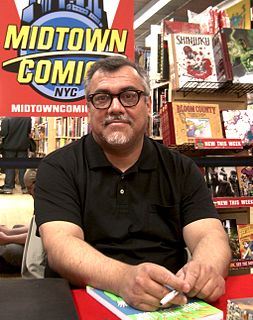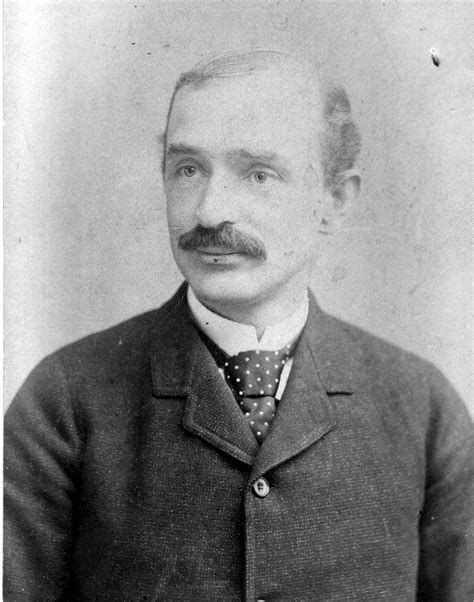A Quote by Peg O'Connor
In constructing our narratives, we identify which particular events or experiences were formative or transformative. In telling our stories, we also claim some authority over our own experiences and their meanings.
Related Quotes
We are not determined by our experiences, but are self-determined by the meaning we give to them; and when we take particular experiences as the basis for our future life, we are almost certain to be misguided to some degree. Meanings are not determined by situations. We determine ourselves by the meanings we ascribe to situations.
No individual can be in full control of his fate-our strengths come significantly from our history, our experiences largely from the vagaries of chance. But by seizing the opportunity to leverage and frame these experiences, we gain agency over them. And this heightened agency, in turn, places us in a stronger position to deal with future experiences, even as it may alter our own sense of strengths and possibilities.
I think we all are born inside of our parents' narratives. We stay there for a good while. We are taught their narratives about everything: their marriage, the world, God, gender, identity, etcetera. Then, at some point, our own narrative develops too much integrity to live inside that story. We don't ever fully escape it, but we move into our own stories.
I think that our work and our music stands on its own without this knowledge about our identity around it. But I also think that we very consciously decided not to hold back that part of ourselves, but to be very vocal about who we are, kind of what experiences we've had in life, and how we identify.
Humanity's legacy of stories and storytelling is the most precious we have. All wisdom is in our stories and songs. A story is how we construct our experiences. At the very simplest, it can be: 'He/she was born, lived, died.' Probably that is the template of our stories - a beginning, middle, and end. This structure is in our minds.
It requires something more than personal experience to gain a philosophy or point of view from any specific event. It is the quality of our response to the event and our capacity to enter into the lives of others that help us to make their lives and experiences our own. In my own case my convictions have derived and developed from events in the lives of others as well as from my own experience. What I have seen meted out to others by authority and repression, economic and political, transcends anything I myself may have endured.
The gist of the matter is this: Every impression that comes in from without, be it a sentence which we hear, an object of vision, or an effluvium which assails our nose, no sooner enters our consciousness than it is drafted off in some determinate direction or other, making connection with the other materials already there, and finally producing what we call our reaction. The particular connections it strikes into are determined by our past experiences and the 'associations' of the present sort of impression with them.
































